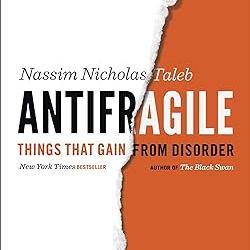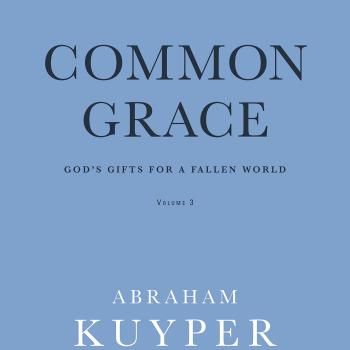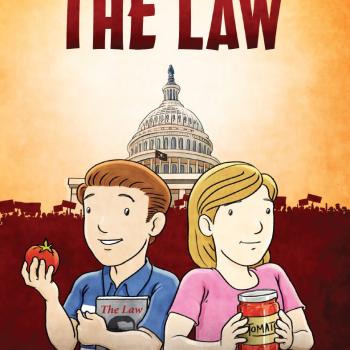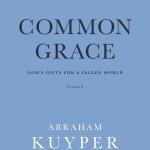This post is part of a series walking through the third volume of Abraham Kuyper’s Common Grace
Continuing his exploration of society, Kuyper notes that social life involves both a passive and an active element. The passive element involves suffering and joy, while the active starts with work and labor. This leads to the question of work: is it inherent in creation, or is it the result of sin? Jesus says that God works and that birds don’t, but we recognize that this is parable-ish. (502-503) The point of course is broader than that. Work makes us more like God, while less work or more menial work makes us more like the animals. [And here Kuyper uses yet another of his unfortunate cultural parallels as an example…]
Work is not tied to sin, since laziness “lowers” us. The Fall affects the nature of work, but “the fact of work is by virtue of the creation ordinance.” So “we must distinguish clearly between” creation work “and work because of sin.” (504)
All creation is constantly active. But human work is above the operation of nature, as it “involves willing, thinking, and self-chosen action.” (504) The most intellectual work is the hardest work of all. [As an intellectual who grew up on a ranch, I strongly disagree with Kuyper here.] Intellectual work will reflect Adam’s pre-Fall work, rather than his post-Fall work.
Common grace has obviously refined our work and made it lighter–or at least different. Which leads to some conclusions:
- It is in our nature to work;
- In paradise work was intellectual discovery;
- Post-Fall work became more physical [Kuyper here says that work became harder/lower; but I think he has missed out on the point of work as futile after the Fall…]
- Common grace offsets and softens work;
- Physical labor will remain until the eschaton.
Common grace works in society, but not equally everywhere. So there are inequities with some living the life of the mind and others doing menial labor (some of course use the thoughts of others, and some labor more or less). Still, “all must work,” whatever degree of variety exists in labor. (508) Mental/rare work and physical/common work will always both exist and lead to social distinctions, socialist fantasies notwithstanding. Order in these relationships is necessary to keep society from collapsing into oppression. The modern world has accelerated these problems. Unions help, but we don’t want society collapsing into strife–the law must intervene. Unions must be allowed, but must remain grounded in reality rather than corrupt fantasy.
We must sort all of this out with justice and mercy and a core concern for both the natural laborer and the general health of the whole nation.
Dr. Coyle Neal is co-host of the City of Man Podcast an Amazon Associate (which is linked in this blog), and an Associate Professor of Political Science at Southwest Baptist University in Bolivar, MO









